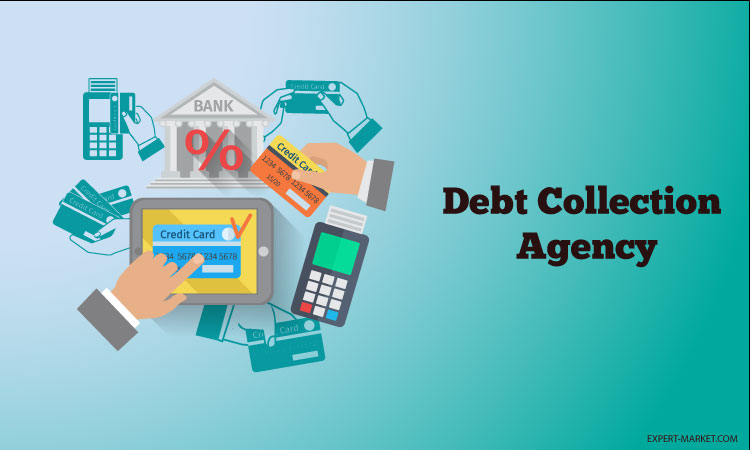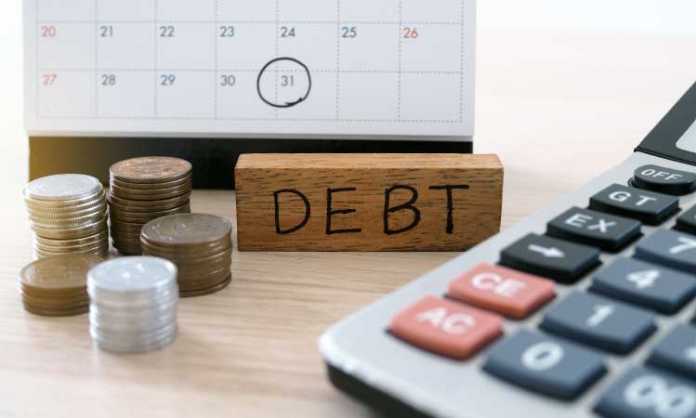The debt collection process takes place when a company that is owed money, either from another business or from an individual, seeks repayment. The process usually starts once the debt is overdue. When the debt is owed by a business it is known as a commercial debt.
A commercial debt takes place when there is a payment overdue from the debtor to the creditor beyond the period specified. The process of recovering this debt is known as commercial debt recovery and is generally carried out by a debt collection agency (DCA).
The DCA is however not involved in the debt contract between the creditor and the debtor. Most business houses prefer leaving their debt recovery to DCAs as it is less time consuming and more efficient and cost effective. Operating within the ethical and legal boundaries, DCAs are licensed entities.

What is Commercial Debt Collection?
Commercial debt collection methods can differ, depending on the type of business, resources available, and the available assets of the debtor. For instance, the commercial debt collection modes applied by companies like Lane and Solicitors(https://www.laneandcosolicitors.com/commercial-debt-recovery/) would also vary depending on the legislation of the country. This becomes even more complicated in the case of trans-country debt collection. DCAs normally have their offices or associates in the different countries where they operate.
What can DCAs do?
More complicated than the retail or consumer debt, DCAs will often try to work out a mutually agreeable solution between the debtor and creditor. The general process for commercial debt recovery is through contacting the debtor, negotiating a mutually agreeable solution and if all fails, filing a lawsuit against the debtor.
There is another method of debt collection that is practiced. This involves the services of debt purchasers. A debt purchaser will buy the existing debt from the creditor at a discounted rate and pursue collection of the entire amount from the debtor at their own cost.
What Constitutes a Default Debt?
Also known as B2B debt, commercial debt is generally a funding loan arrangement between two business houses. A default occurs when there is a delay in the settlement of the debt by the debtor. The time frame for settlement of the debt would depend on the terms of the contract, which could range between sixty days to five years or more. DCAs work within the legal framework to recover debts, which could include tracing the debtor, communication with the debtor, personal visits, arranging different payment plans, and if required, legal action through the courts
Fees for Debt Recovery
DCAs handle most types of unsecured commercial debts like purchase loans, medical dues, and unpaid bills. They also help collect debts from loans given for business funding. DCAs work with the debtor’s finance and account departments to recover the debt. DCAs charge a collection cost which includes all expenses made towards the collection of the debt and can include fees for bailiffs, solicitors, court, and any taxes as may be applicable.
The fee structure and payment schedule differ from one agency to another. While some may charge an upfront fee, others may bill the creditor on a flat fee per day/week/month. Then again, there are DCAs who collect their fee after recovery of the debt.
Depending on the country, DCAs can collect their fee from the debtor and not the creditor. While the quantum of fee might vary, DCAs cannot charge any collection cost to the debt unless there is a contractual clause stating the same in the original agreement between the creditor and the debtor.
Process Leading to Debt Recovery
Once the due date for the debt has passed, the creditor needs to send a series of reminders through emails or phone calls to remind the debtor to pay up. If this step does not get the desired result, the creditor can escalate the process by sending the debtor a final notice. This notice allows them a limited period of time to comply before the creditor starts pursuing legal action against the debtor. If the final notice also fails, the creditor has numerous legal options to pursue.
One option is to approach the small claims court, in case the debt amount is small. The small claims court allows both sides to mediate and usually orders the debtor to repay the debt along with interest and fees if any.
The other option is to hire a debt collection agency. DCAs either liaise on your behalf or enforce the decision given by the courts. If the debtor is unable to pay after the court decision, the DCA might engage a bailiff to retrieve assets that are equal to the debt amount.
Debt Collection Ethics
Creditors should talk to DCAs they employ to operate in ways that do not compromise their reputation. Patterns of communication and the number of meetings to be held with the debtor should be discussed beforehand. Businesses can be in trouble and the creditors should ensure that their DCA conducts itself in a manner that is suitable and justified.































